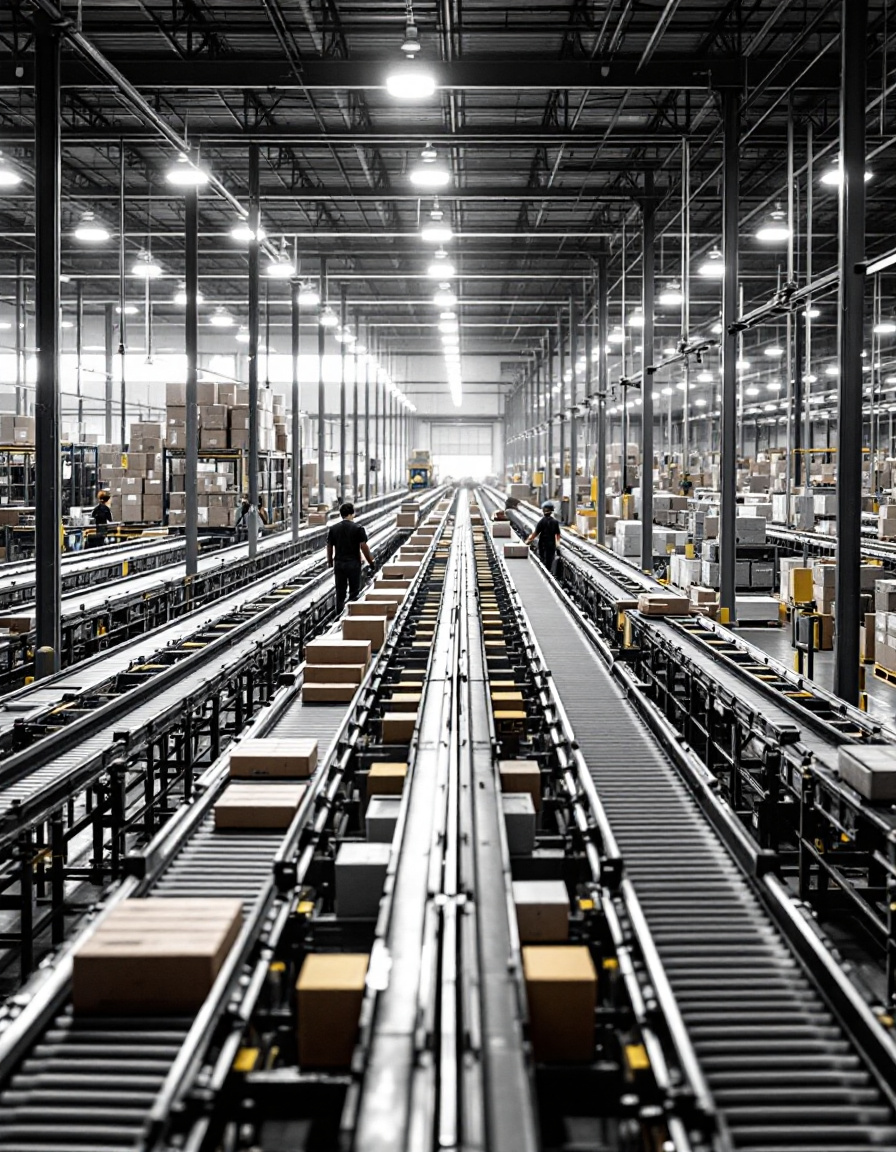The freight route from Denver to Salt Lake City is a key connection across the Rocky Mountain region. This corridor links Colorado’s manufacturing and distribution centers with Utah’s growing tech, retail, and logistics sectors. With a distance of approximately 520 miles, it supports high-frequency freight shipments, including food, building supplies, and industrial cargo.
The route is heavily used for regional and interstate commerce, especially due to its direct access to central and western U.S. markets.
🚚 Road Freight from Denver to Salt Lake City: Reliable and Scenic
- Highways Used: I-70 and I-15 (via I-80 in some routes)
- Transit Time: 1–2 days depending on cargo and weather
- Cargo Types: Construction materials, food products, electronics, machinery
- Advantages: Interstate connectivity, wide carrier availability, reliable delivery
This route is favored for its consistent infrastructure and strong logistics network along the mountainous I-70 corridor, offering dependable delivery timelines year-round.
📦 Freight from Denver to Salt Lake City: Common Goods in Transit
- Packaged food and beverages for grocery distribution
- Construction and HVAC supplies
- Industrial equipment and commercial machinery
- E-commerce and retail inventory
- Outdoor gear and recreational products
These shipments support commercial growth in Utah and serve Denver as a logistics gateway to the Midwest.
🚛 Regional Impact and Supply Chain Importance
Freight between Denver and Salt Lake City powers the western U.S. logistics ecosystem. Both cities function as regional hubs, distributing goods to states like Wyoming, Nevada, Idaho, and beyond. Moreover, they support import/export activity from West Coast ports via intermodal rail.
This corridor also enables consistent supply chain operations for national retailers, manufacturers, and 3PL providers.
🌐 GetTransport.com for Easy Booking and Coordination
Companies planning freight can use GetTransport.com to:
- Search and book local and regional freight carriers
- Compare pricing for full truckload (FTL) or less-than-truckload (LTL) shipments
- Coordinate delivery timelines and pickup options across the Rocky Mountain region
This platform simplifies freight management and helps businesses control costs while ensuring efficient logistics operations.


